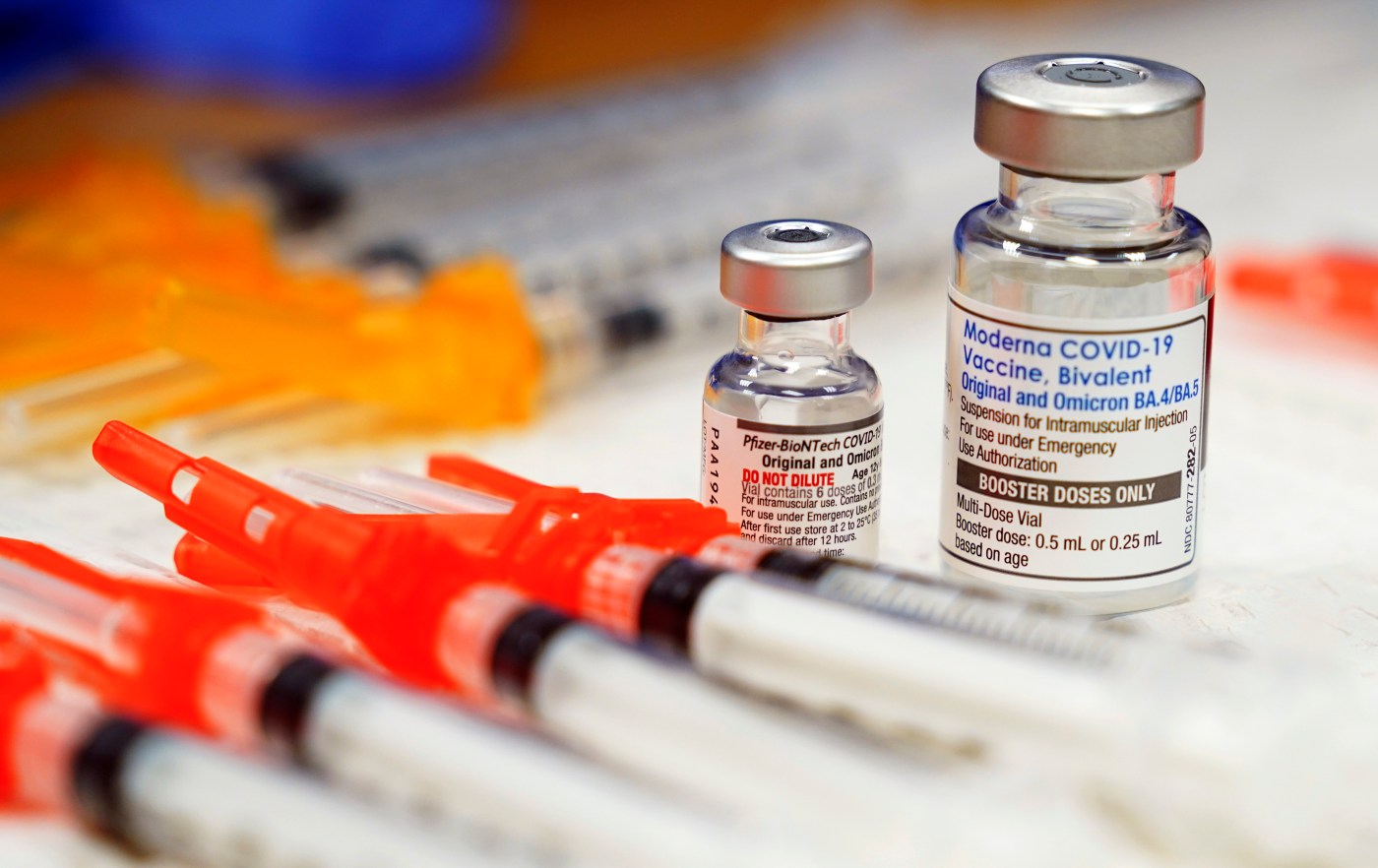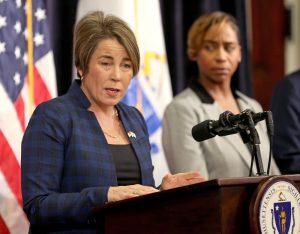
Massachusetts EMS providers blast Department of Public Health over new vaccine regulations
Ambulance services across Massachusetts are required to submit the vaccination status of their employees annually to the state Department of Public Health under a new regulation that EMS providers say is a “blatant overreach.”
The state Public Health Council in September adopted a series of regulations regarding COVID-19 and flu vaccinations, clumping licensed ambulance services together with health care facilities where patients reside or are treated.
Most fire departments across the state operate licensed ambulance services, and EMS providers say the new regulation adds an additional “significant unfunded burden” to their plate.
Ambulance services are now mandated to require and maintain proof of each employee’s current vaccination status against COVID-19 and the flu or the “individual’s exemption statement,” and they need to run a central tracking system.
The data then must be submitted to the state every year.
DPH sent a memo to EMS providers last week outlining steps needed to fulfill the regulations which also mandate services to “ensure all personnel are vaccinated annually with seasonal influenza vaccine,” barring exemptions.
Rich MacKinnon, Jr., president of the Professional Fire Fighters of Massachusetts, sent a letter to union members shortly after DPH released the advisory, vowing to work with legal counsel and fight on their behalf.
“This regulation is a blatant overreach by DPH,” he wrote, while also clarifying that the state has confirmed “multiple times” that the new rule is not a vaccine mandate.
The regulations started to take shape after the state and federal COVID-19 public health emergencies ended in May. They reflect how DPH has incorporated COVID-19 response and management into a broader respiratory illness prevention and mitigation strategy, according to officials.
EMS providers are now mandated to provide or arrange for vaccinations of all personnel “who cannot provide proof of current immunization against influenza unless an individual is exempt.” They must inform personnel about the “risks and benefits of influenza vaccine,” too.
An objective was to “Close pre-existing gaps and inconsistencies in vaccine requirements, by including all health care facilities and Emergency Medical Service providers in this process, as all serve vulnerable and immunocompromised patients.”
The regulations apply to all individuals who either work at or visit EMS facilities, including independent contractors, students and volunteers, whether or not they provide direct care.
Individuals are allowed to decline the vaccine under the regulations, but if they do, they must take mitigation measures and sign a statement that they are exempt from vaccination and are aware of the pros and cons of the shots.
MacKinnon, in a letter to DPH in August, said in order for fire departments to track vaccination states, a full-time staffer would have to be dedicated to the task alone. He highlighted how the regulations as a whole could “cause unintended consequences.”
“Some of the decisions that DPH and (Office of Emergency Medical Services) make, they sometimes don’t realize how it’s going to trigger bargaining within the actual communities that we work for,” MacKinnon told the Herald on Thursday.
Providers who administer vaccinations across the state are already mandated to report data to the Massachusetts Immunization Information System, a practice that has been followed since 2011, Easthampton Fire Chief Christopher Norris wrote in a letter to DPH over the summer.
“Given the purpose and scope of this statewide database already in place,” Norris wrote, “the documentation and reporting requirements of these proposed changes to the regulations would provide absolutely no additional value or information that isn’t already being made available to the Commonwealth.”
J. Dominic Singh, executive director of the Western Massachusetts Emergency Medical Services Committee, believes providing or arranging for employees to be vaccinated in his region could be particularly daunting.
Many EMS agencies there are small, either part-time/on-call services or fully volunteer in nature, meaning they would have to contract with work-health clinics or hospitals to meet that requirement, Singh told DPH.
“In the Western Massachusetts area facilities of this type are geographically far apart,” he wrote in a letter. “The financial commitment in paying for the vaccine administration would be an additional significant unfunded burden on already cash-strapped EMS agencies.”


